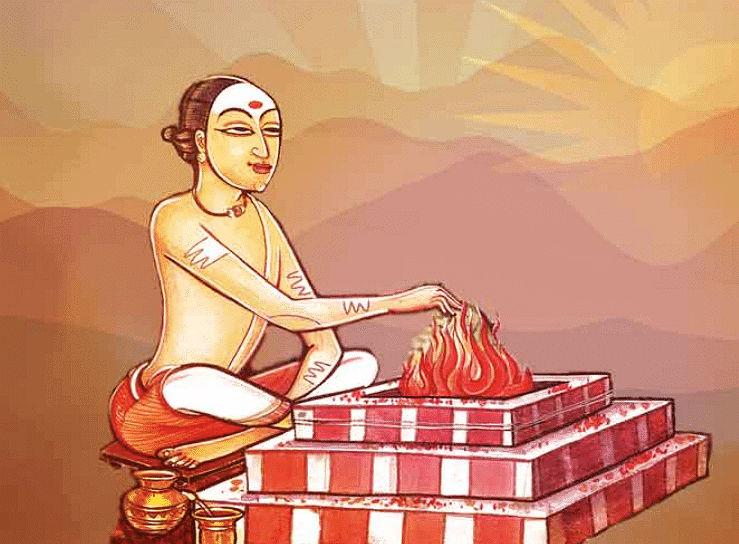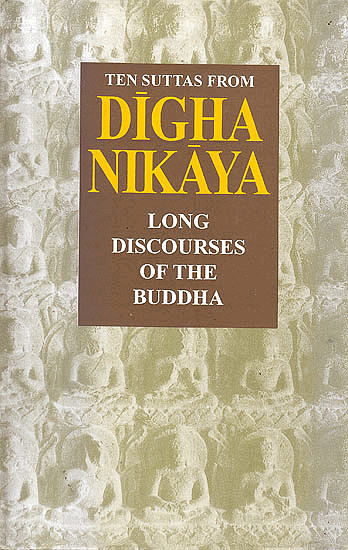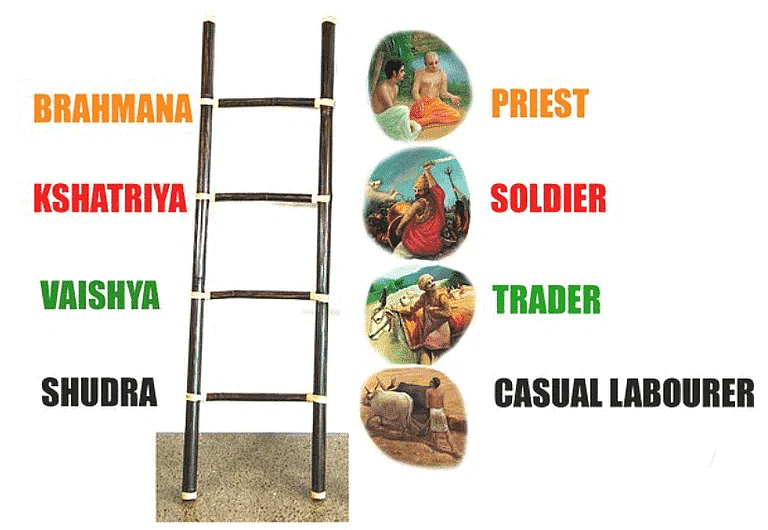Kingdoms, Kings and an Early Republic Class 6 Worksheet History Chapter 5
Q.1. State True (T) or False (F).
Question for Worksheet Solutions: Kingdoms, Kings and an Early RepublicTry yourself:(i) Priests performed the rituals including the sprinkling of sacred water.View Solution

Question for Worksheet Solutions: Kingdoms, Kings and an Early RepublicTry yourself:(ii) Usually, the tax was fixed at 1/6th of what was produced. This was known as bhaga or a share.View Solution
Question for Worksheet Solutions: Kingdoms, Kings and an Early RepublicTry yourself:(iv) Raja composed later Vedic books.View Solution
Question for Worksheet Solutions: Kingdoms, Kings and an Early RepublicTry yourself:(v) Shudras had to serve the other three groups and could not perform any rituals.View Solution
Question for Worksheet Solutions: Kingdoms, Kings and an Early RepublicTry yourself:(vi) In Magadha elephants were captured and used in army.View Solution
Q.2. Name some rivers that flowed through Magadha.
Many rivers such as the Ganga and Son flowed through Magadha.
Q.3. What is Digha Nikaya?
Digha Nikaya is a famous Buddhist book, which contains some of the speeches of the Buddha. These were written down about 2300 years ago.

Q.4. What was the source of income of Raja of Mahajanapadas?
Taxes was the source of income of Raja of Mahajanapadas.
Q.5. What was the capital of Vajji?
Vaishali (Bihar)
Q.6. What does Varna mean?
The priests divided people into four groups, called varnas. According to them, each varna had a different set of functions.

Q.7. Fill in the blanks.
(i) ‘Rajas’ who let the ashvamedha horse pass through their lands were invited to the sacrifice.
(ii) Archaeologists have found huts in the settlements of the janapadas.
(iii) Pots to store grain were made out of Painted Grey Ware.
(iv) Herders were also expected to pay taxes in the form of animals and animal produce.(v) Soldiers were paid regular salaries and maintained by the king throughout the year.
(vi) Both the Buddha and Mahavira belonged to ganas or sanghas.
(vii) Ajatasattu wanted to attack the Vajjis.
Q.8. Name the four groups into which later vedic society was divided.
Brahmins, Kshatriyas, Vaishyas and Shudras
Q.9. What does the word ‘Janapada’ mean?
The word janapada literally means the land where the jana set its foot and settled down.
Q.10. What is ‘Sangha’?
Sangha means organisation or association.
Q.11. Who conquered the last of the ganas or sanghas?
Gupta rulers conquered the last of the ganas or sanghas.
Q.12. Why the rivers that flowed through Magadha were considered important.
This was important for (a) transport, (b) water supplies (c) making the land fertile.
Q.13. What was the most important source of revenue to the state?
Agriculture
Q.14. Who were the groups who could not participate in the assemblies of the ganas?
Women, dasas and kammakaras could not participate in these assemblies.
Q.15. What does ashvamedha means?
Ashvamedha means horse sacrifice.
Q.16. Name the Later Vedic books.
The Samaveda, Yajurveda and Atharvaveda are the Later Vedic books.
Q.17. Name the animal that played a pivotal role during Ashvamedha.
Horse
Q.18. What is the modern name of Rajagriha?
Rajagriha (present-day Rajgir) is in Bihar.
Q.19. Who was the minister of Ajatasattu?
Vassakara was the minister of Ajatasattu.
FAQs on Kingdoms, Kings and an Early Republic Class 6 Worksheet History Chapter 5
| 1. Who were the rulers in the early republic period? |  |
| 2. What were some of the major kingdoms during this time? |  |
| 3. How did the early republic differ from the previous monarchy? |  |
| 4. What was the role of the assembly in the early republic? |  |
| 5. How did the early republic lay the foundation for democracy? |  |

















